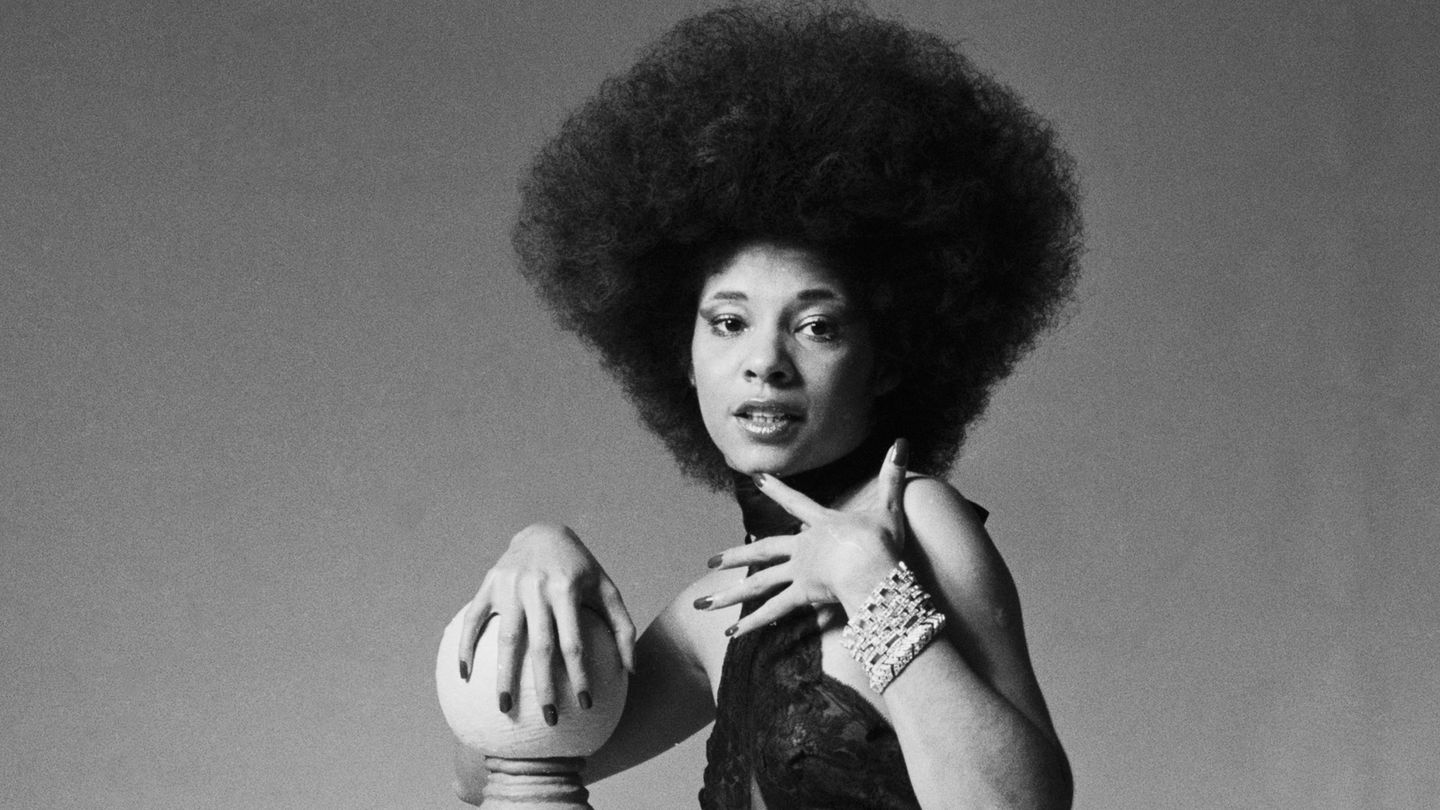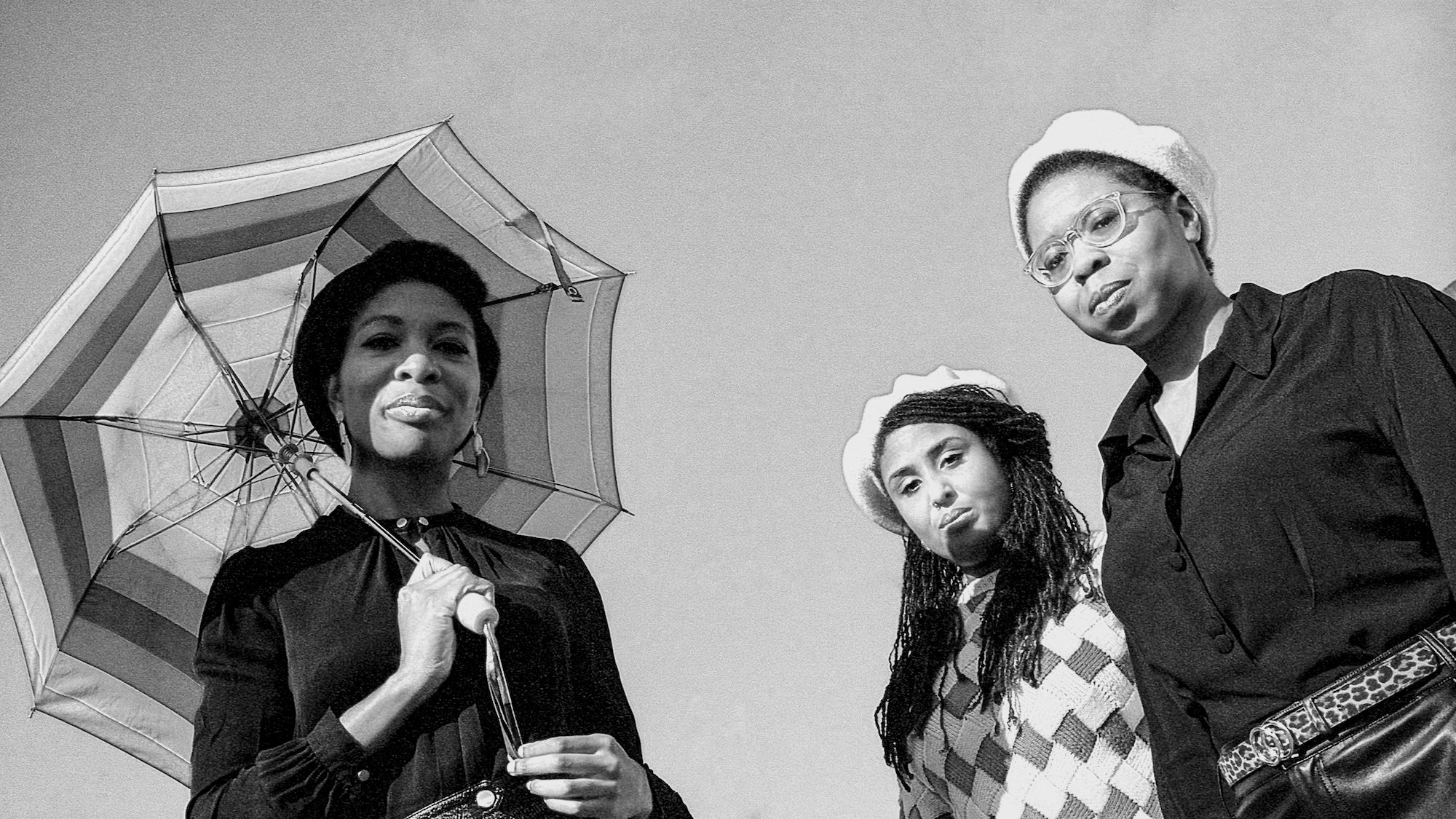BETTY DAVIS: A REBEL WITH A CAUSE

It was in the summer of 1973 at the Howard University homecoming where a scantily clad Black female performer with a towering Afro took the stage to perform a litany of bold, lewd, and provocative funk records, in which she gyrated sensuously, growling in the microphone about the details of her sexual exploits to a shocked audience. Prior to her ascent in the music industry, Black female performers were relatively mild-mannered songbirds with sleek bobs, conventionally crafted by Motown as prim glamour girls. Not since Tina Turner had a Black woman been so unapologetically lewd, certainly not one that alluded to being a nasty girl on record, or, even more obscenely, one that revealed that she had a penchant for beating men with her turquoise chain for sensual thrills. It was precisely this method of sexual openness that would cause the free-spirited artist to be the target of NAACP’s slut-shaming respectability politics, and be banned from mainstream radio play in the United States. While conservatives fought hard to keep her fiery brand of female empowerment from impressionable audiences, her influence was certainly seen in her musical successors (Donna Summer, Prince, Grace Jones, Janet Jackson, and Madonna) who gained notoriety for their raunchy lyrics and sparkling sexuality which she laid the groundwork for.
Her name was Betty Davis, and the time has come for her to be referred to as what she truly is in American musical history: an icon who was surely ahead of her time.
The time has come
for her to be referred
to as what she truly is
in American musical history: an Icon.
Davis’s choice in funk and rock as artistic expression was molded in 1960s New York City, after she mixed socially with artists, actors, models, and singers, most notably, Jimi Hendrix and Sly Stone. It was her induction into rock that would transform her from Betty Mabry, a North Carolina country girl, into the wild-woman who would make music history.
It was in the latter part of the decade when she would meet the trumpet player, Miles Davis, whom she introduced to various funk musicians; during the short year that they were married, the jazz musician credited his former wife with transforming his personal and professional music style greatly. After which, Betty left Miles and high-tailed it to the U.K. to write songs which would appear on her debut album in 1974, Betty Davis, an album where her influences in Greenwich Village as a rowdy, Black model fashionista with revolutionary sexual politics came to fruition. The first record on the album, “If I’m Lucky, I Might Get Picked Up”, a nod to the hustle of Black sex workers, in which she referred to herself as a “fishin’ trick” who had no qualms about “vampin’ and trampin’ ” about in her search for pleasure.
While her first album was a stepping stone towards notoriety, it was her sophomore effort, They Say I’m Different, that forced her out of the shadow as Miles Davis’s former wife and into the spotlight as a funk renegade. Her most infamous song on the album, “He Was a Big Freak,” in which Davis graphically describes kinky sex with a former flame, was an unforeseen milestone in Black feminist sexual politics. With Motown’s success in marketing several Black performers, Black women who were mainstream darlings were rather conservative in appealing to audiences. Davis’s brand of funk rock broke barriers for Black women in music to be unapologetically wild without pandering conservative asexuality.
Though she has not faded into complete obscurity, (thanks to music archivists on the internet) she remains an unsung Black feminist heroine, living her 70s in Pittsburgh, Pennsylvania. Davis’s former husband remains a cultural relic, while the woman who transformed him the most gains scant public attention for her own accolades as a rebel who changed the course of music for female performers. Here’s to Betty Davis—mother of funk, the essence of Black girl cool, and curator of Black sexual politics for a more radical feminist future.










